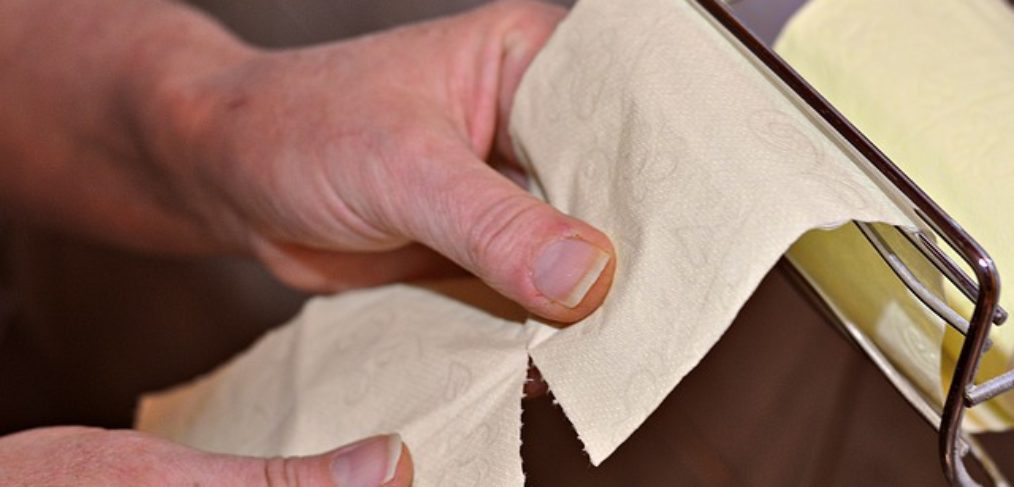
Relieve Constipation
You can relieve constipation with diet and lifestyle choices. The Constipation Club includes roughly 1 of every 5 Americans. Constipation is a serious symptom that contributes to disease. While it is not true that diet, exercise, and hydration are the only factors contributing to constipation, they are they ones you can control.
Relieve Constipation with Good Eating Hygiene
One of the most important everyday choices you make to sustain bowel regularity is how you eat. If your eating hygiene is sloppy, it will decrease your digestive secretions (stomach acid, bile, digestive enzymes). These secretions are key to ensuring that you have a healthy bowel movement.
What does good eating hygiene consist of? Here are 7 key aspects:
- Imagine and create a relaxed setting, where you can truly be in the moment. Candles or nature, anyone?
- Focus on the smells, tastes, & textures of the meal. Truly savor your food.
- Chew more! If that means taking smaller bites, then use toddler silverware or cut every bite into fourths, but make sure your food is nearly liquid before you swallow.
- Yes, hydrate. But do so mainly between meals. If you need to moisten your food, see #3. More than 8 ounces of liquid with your meal will dilute digestive function.
- Don’t overfill the “washing machine.” Your stomach needs room to agitate its contents. Leave overstuffing to padded furniture.
- Deepen your inhales and lengthen your exhales, especially when you sit down to your meal. This helps switch you out of “fight-or-flight” into “rest-and-digest”.
- Take your time. Approximately 20 minutes after you start eating, your body produces cholecystokinin (CCK) to stimulate both bile and enzymes to help break down your food. So, avoid rushing in order to let these substances have optimal effect.
Moving Beyond Eating Hygiene
If you have mastered eating hygiene and are still struggling to relieve constipation, consider the 3 M’s and the 3 F’s.
- Magnesium helps relax the colon. The best form to take for constipation relief is magnesium citrate. Check with your functional practitioner to know how much magnesium is appropriate for you.
- Movement stimulates peristalsis. Are you sitting too much? Counting steps with an pedometer lets you know how much movement you engage in per day. For example, 5,000 steps in a 16-hour waking period means you are moving approximately 5% of the time. You need to have roughly 24,000 steps in 16 hours to be moving 25% of the time.
- Medicines may impair motility (especially opiods, antacids and iron supplements). When you take prescriptions sporadically, you can relieve constipation with prune juice. But when you use constipating drugs regularly, you may need to work with a practitioner to resolve your need for these pills.
- Fat helps “grease the skids” if it is unrefined & natural. Avoid processed vegetable oil. Stick with olive oil, avocados, nuts and seeds, coconut oil, and butter for the most part. A low-fat diet can impair your ability to relieve constipation.
- Fiber can both bulk up and soften the stool for it to pass more readily. You should strive to eat more than 25 grams of fiber each day. Eating a variety of fruits, vegetables, legumes, seeds, nuts, and whole grains fills this requirement.
- Food intolerances or sensitivities interfere with normal bowel function. If you have a food intolerance, you lack enzymes to digest your food well. In contrast, a food sensitivity invokes an immune response and you experience inflammation. Both of these scenarios can contribute to constipation. You can order a blood test to check for food sensitivities.
Constipation Relief Requires Good Cellular Communication
Another cause of constipation is poor communication between the brain and the gut, or between the cells of the gut. Since hormones and neurotransmitters are the messengers of this communication, functional practitioners look at those chemicals for imbalance.
Too little thyroid hormone, can cause your system to back up because it slows down all metabolism, including digestive functions. Be sure to let a functional practitioner test your hormone levels before adjusting any medication. One of your most important levels to know is your Free T3, which is the active form of thyroid hormone. Many individuals have sufficient T4 thyroid hormone, but don’t convert it well to the active form.
Cortisol primes cell receptors for other hormones to enter. Both hyper- and hypo-cortisol states influence thyroid hormone action. Again, “test, don’t guess” is the rule for balancing your hormones correctly.
Neurotransmitter Action Matters
You synthesize serotonin, one of your most prominent neurotransmitters, chiefly in your gut, not your brain. Taking an SSRI (selective serotonin re-uptake inhibitor) for anxiety or depression is a common cause of constipation. These medications tell the body to recycle the serotonin you have, so the brain assumes you have enough. Over time, your brain directs your body to slow down production. Too little serotonin provokes constipation, while too much serotonin triggers diarrhea. If you struggle with neurotransmitter balance, you will want to work with a functional practitioner to help you re-establish healthy levels.
As you can see, there is not a one-size-fits-all approach to solving constipation. Factors can be varied and individual.
Passing a stool should be an effortless, everyday occurrence. Just as you would not want to use the dirty dishwater to cook a meal, your body does not want to re-circulate waste products to sustain your health. Please avail yourself of tools and resources to make sure that your “garbage” doesn’t pile up.
